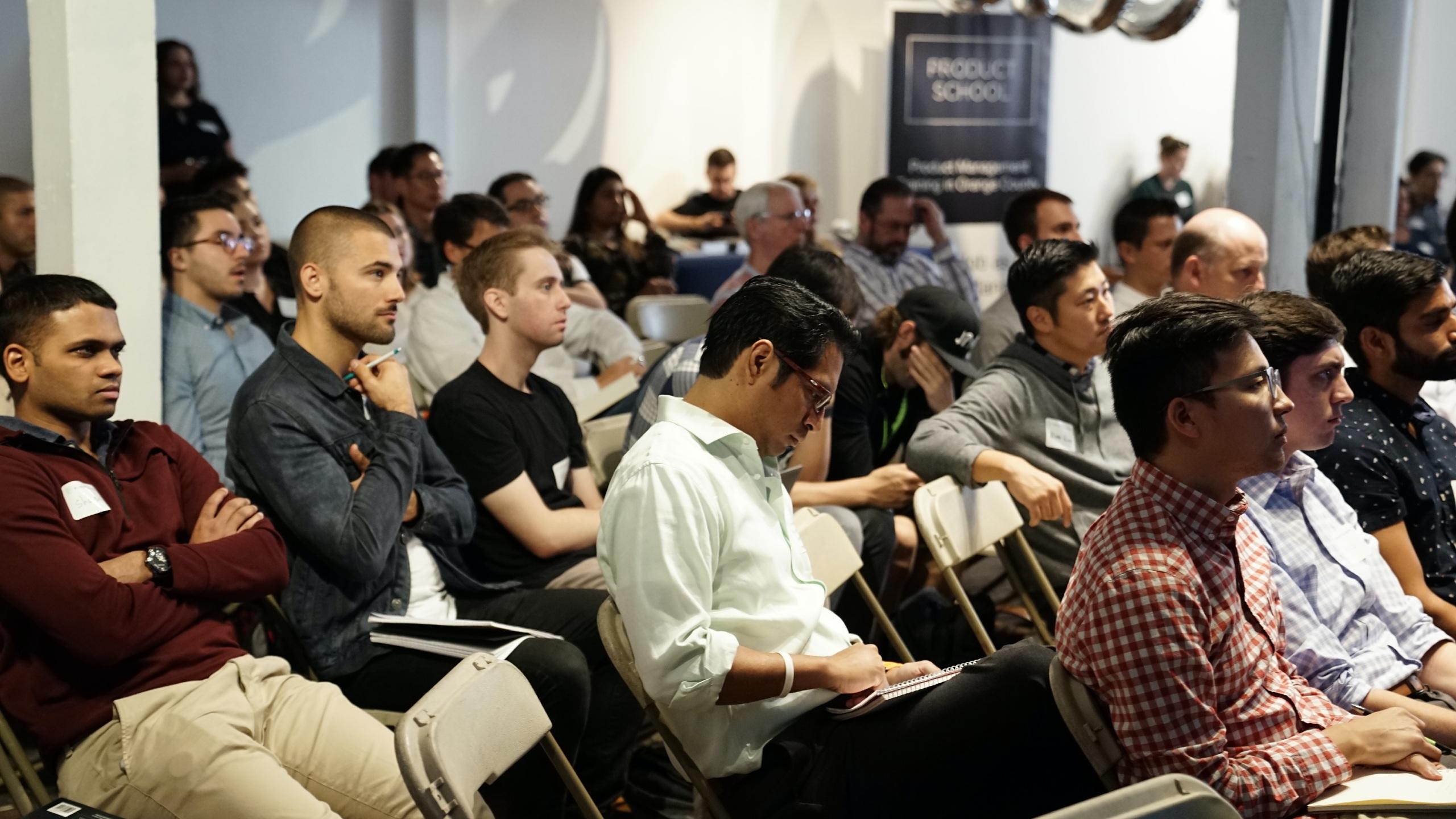By Charles Simard
Imagine, if you will, a dozen or so students sitting in a lecture hall. Up until this point, the class has been a pretty standard diatribe on the history of economic inequality in the industrial age. It’s 5 p.m., and half the class has long drifted into the seas of disinterest. The professor, sensing their desperation like the sick stench of death, decides to engage in a healthy dose of audience participation. He turns around and asks his students a simple question: “What place does privilege have in our society today?”
A hand shoots up almost immediately with the unmistakeable force of someone likely called a “teacher’s pet” back in high school. A freshman dressed in a tweed jacket and matching tweed mask; he applied early for the English program with high-minded ideas about becoming the next Hemingway despite having never read Hemingway. He comes out with a clean and concise answer about greed; much of his speech deals with the idea that inequity is motivated by individual prejudices and ideas. No one but the professor seems to catch that half of this speech is ripped from the introductory passages of Beyond Good and Evil by Friedrich Nietzsche, purchased by the freshman two days ago from Amazon.
Once a merciful silence returns to the classroom, the teacher asks for a second opinion. Someone coughs up an answer; a last-minute enrolment barely getting by with a 2.4 GPA. He starts off slow and disjointed, before jumping from anecdote to anecdote at lightning speed. There’s a few mentions of McCarthy and discriminatory “John Cow” laws in the U.S., as well as some choice quotes sprinkled in from Marx and Engels, pronounced “Max and Eagles.” It doesn’t take long for others to catch on that much of it is random buzzwords taken from what little he can remember from the past hour, along with a couple wince-inducing outdated racial terms that leave many to question, “Where the hell has he been for the past century?”
“Where the hell has he been for the past century?”
Just when it seems like he’s starting to get somewhere, the poor fellow is brutally interrupted by an outburst of smug superiority. A tall, freshly-groomed young man with a pastel blue button-up shirt and a scratched Rolex. This one’s only here on account of his father’s generous donations to the university’s cafeteria. His whole spiel hinges on the idea that privilege in itself is a myth, or at the very least a thing of the past. To him, the only factor preventing one from achieving equity is one’s own willpower. Sighs and coughs from the rest of the class seem to go unnoticed by the man, who continues speaking with the speculative fervour and inexperience of a boxing ring announcer.
Almost as if on cue, the rich kid is interrupted by a student a few rows behind him. Dressed in a thrift-store turtleneck and thick corduroys, a heavy pile of theory books sit neatly to his left. Without missing a beat, he embarks on an impassioned speech about the history of oppression in all its forms. He’s countered by the rich kid once again, who insists he’s a hack, pandering to the emotions of the audience. Before long, the two are engaged in a shouting match for the ages.
Over all this commotion, the professor notices a student in the back who’s been noticeably absent from the conversation. Hunched silently over her textbook, she resembles a grimacing gargoyle. She’s spent the past week working three different jobs to make her tuition payments. She observes the arguments of the rest of the class with the same expression one would make seeing a rabid raccoon rustling through their garbage. It’s clear from even a moment of observation that she would much rather dive into a compost bin herself than continue listening to this conversation.
The professor watches her and all the other participants in this scene, still waiting for a solid answer. After a few minutes of pondering, he begins thinking about the girl in the back, trying intently to avoid confrontation or conversation on this subject. He changes the subject to 20th century farming methods.










Leave a Reply